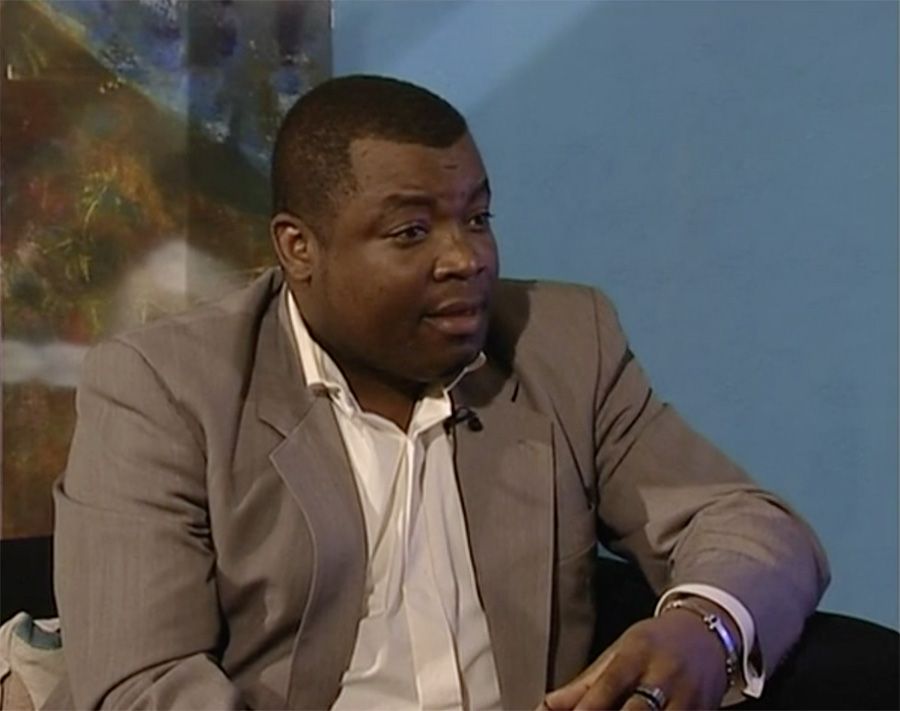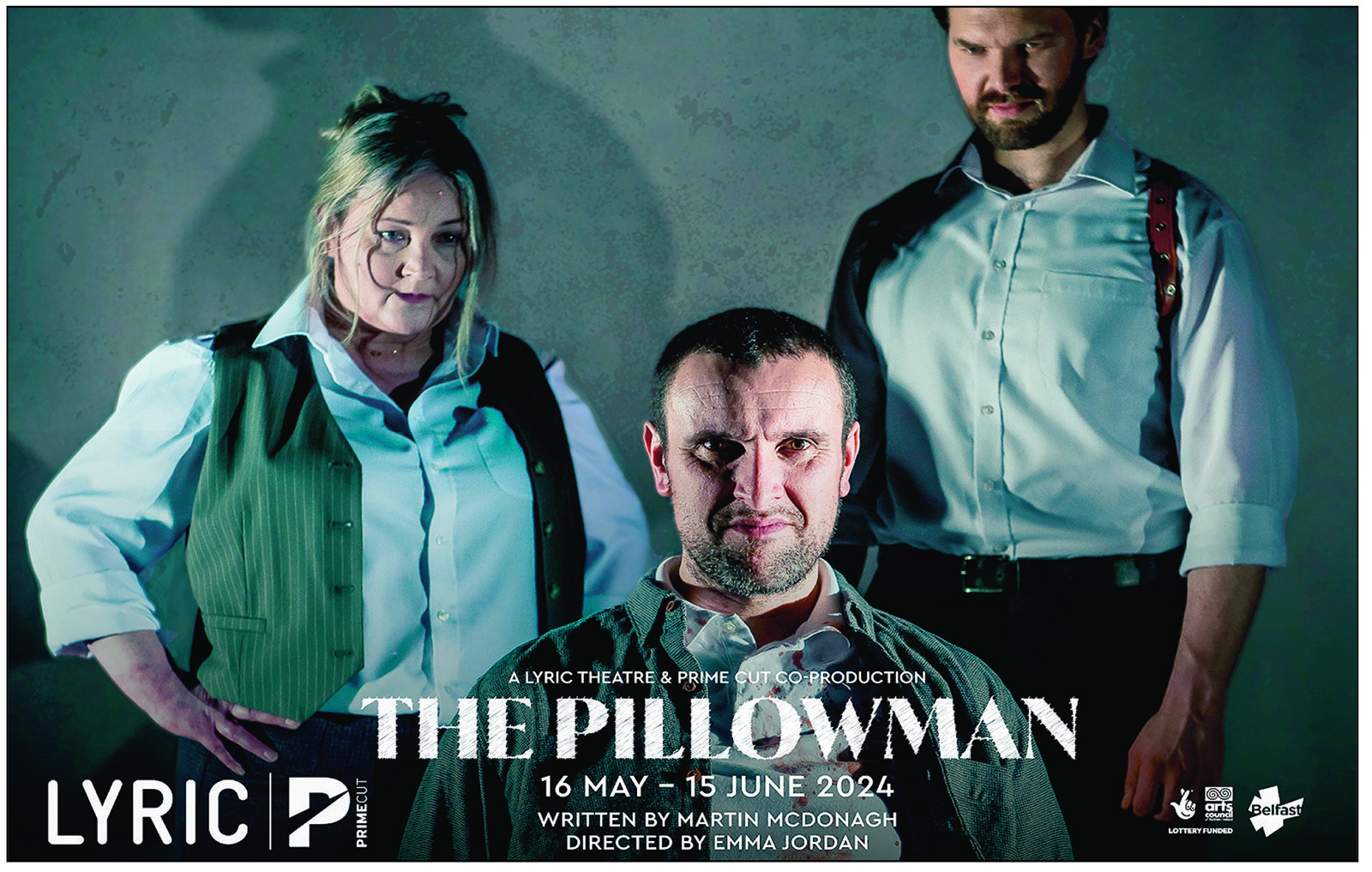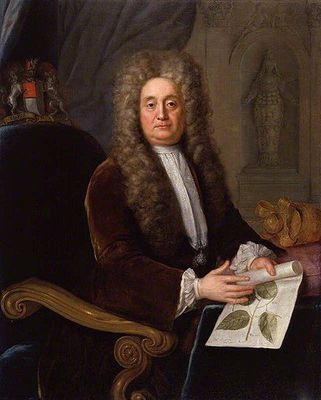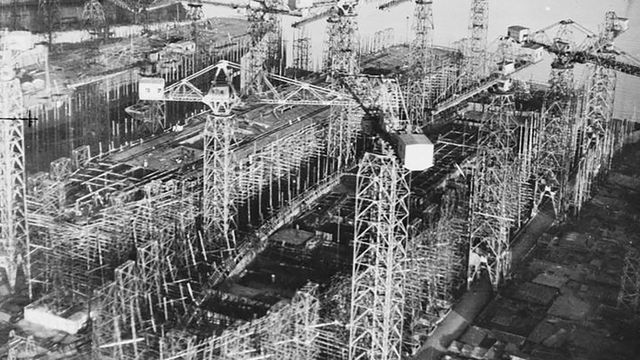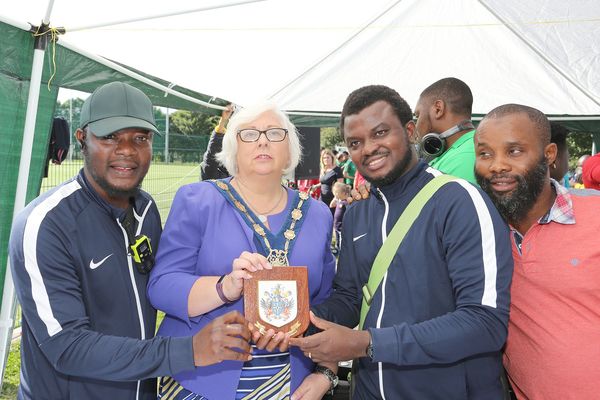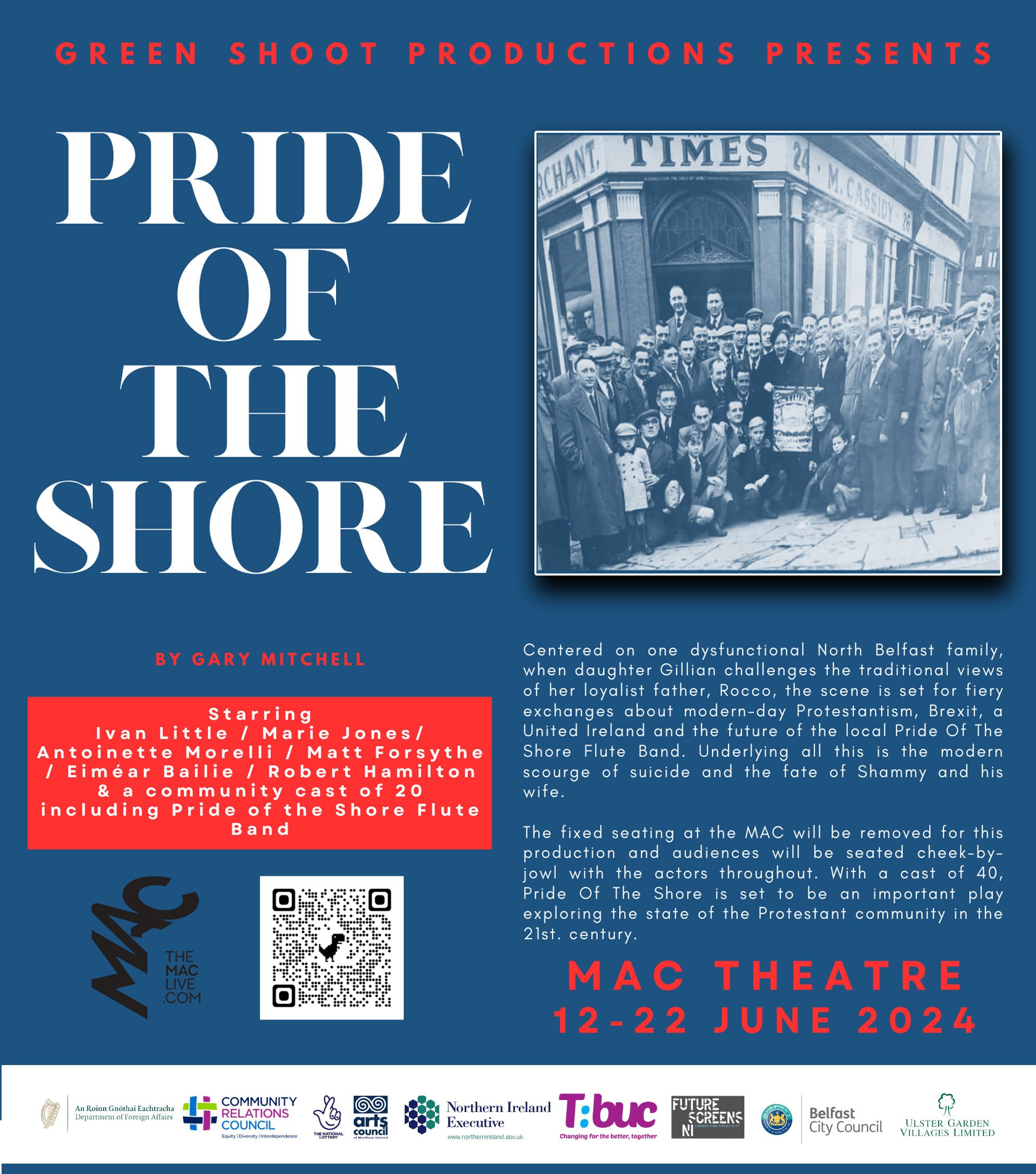THIS week the African and Caribbean community and the local people said a big thank you and best wishes to Joseph ‘Joe’ Ricketts as he leaves the post of Programmes Manager of the African and Caribbean Support Organisation, (ACSONI).
Joe was instrumental in the progress and achievements that were made in integrating the Black community in Northern Ireland. He never shied from making decisions that were perceived to be difficult. Joe came from Jamaica where he was a science and technology teacher in the city of Kingston.
It was after Joe personally experienced racial abuse here in Belfast that he got involved in campaigning and mobilising all races to act against the depraved idea of hating others because of their colour. Over the years, Joe has used his power of networking to bring people together, using workshops, cultural events, music and consultations with politicians across the board. Good luck, Joe, in your next station.
During the Cold War, the superpowers had a game of using further education to further their interests of asserting their presence in the former colonies. It did not seem that obvious but that is what happened and many believe it is still happening
The African and Caribbean community have produced a politician, a community activist who is a force to reckon with. Lillian Seenoi-Barr, from the Maasai pastoralist community was selected early June to be a new SDLP councillor in the Foyle Ward in Derry City and Strabane District Council. The resignation of Councillor Mary Durkan paved the way for the Kenyan politician who came to Northern Ireland in 2010.
To our three formidable lions some England fans love you when you win but the world love you unconditionally remember that and keep shining @MarcusRashford @BukayoSaka87 #Saka #Rashford #englandfans pic.twitter.com/RrufCwv7Np
— Lilian Seenoi-Barr #SDLP #BlackLivesMatter (@Lseenoi) July 12, 2021
The birth of many African and Caribbean associations in Ireland, North and South, came mostly with little fanfare. In some corners of the country where the population of Africans was very small, these organisations still managed to start off with little or no resources. Dublin has the biggest number of the Afro-Caribbean community in Ireland.
HERO: A younger Joseph Ricketts at the start of his activist life pictured in 2007.
Those from the Caribbean are not as many for example in comparison to their numbers in Britain. In the Republic of Ireland, the bilateral agreements of cooperation with African countries led to the arrival of students who came to study medicine, among other courses. In the 1960s, thousands of Africans came to study in Irish universities. They arrived from Sudan, Zambia and even South Africa, which was an apartheid state.
Why were Africans immigrating to Ireland to study medicine and other courses, especially in the post-World War II era? Were there specific reasons why they preferred Ireland and not Britain even though most were already in England in big numbers? Of course because of the colonial legacy, there were many Africans moving to Britain to study in a multiple of professions. They had various reasons for that, the most common was for example, those who came from Anglophone countries had an easier migrating route because of the element of colonialism. Was this the compelling motive, though? Post-colonial generations will often move if they can, first to the centre, the capitals, the homes of the imperial powers.
During the Cold War, the superpowers had a game of using further education to further their interests of asserting their presence in the former colonies. It did not seem that obvious but that is what happened and many believe it is still happening. In post-cold war, there is a new disposition. Brexit has made Britain hungry to redefine itself. This is why the idea of the British Commonwealth is being revived, in fact expanded and an educational exchange is one of the routes.
How much do you know about the International Decade for People of African Descent #idpad; How will you reckon with it?
— ACSONI (@InfoAcsoni) April 23, 2021
https://t.co/NmHtfdtSVc pic.twitter.com/tLgW7kqBT8
Ireland was also doing its part, fighting for its interests in Africa. There is a common convention that because Ireland was not a coloniser, its goals to expand were only benevolent; this is an open ended question. The Royal Colleges in Dublin were famous for recruiting many African doctors. For example, in 1963, of the 280 foreign students taking entry examinations for the Royal College of Surgeons, more than 200 were from South Africa.
The affinity of the Afro-Irish relationship was purely because Ireland had been a colony of Britain, yes, and to top it up, it did not rule other countries. This historical fact directly influenced the actions of Dublin to invest in African academic expedition to Ireland. However, in order to make herself relevant in global politics, Ireland had to be in the superpower race for generosity – that is. aid and peace and conflict intervention under the UN banner.

